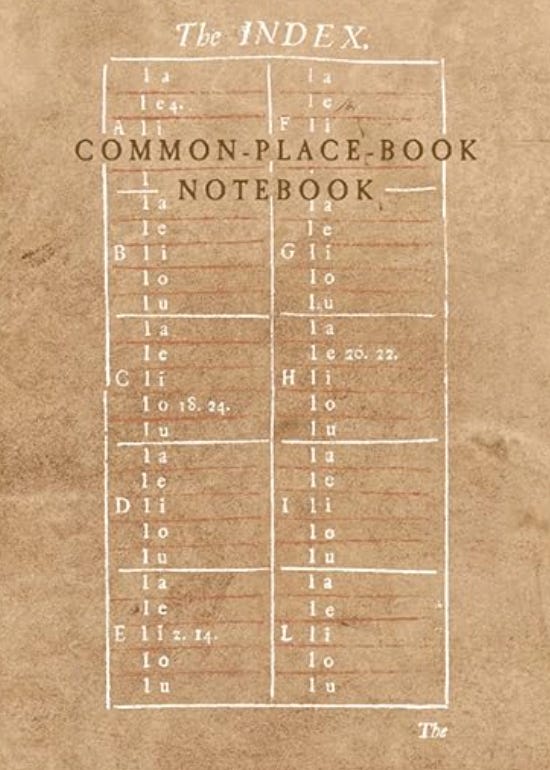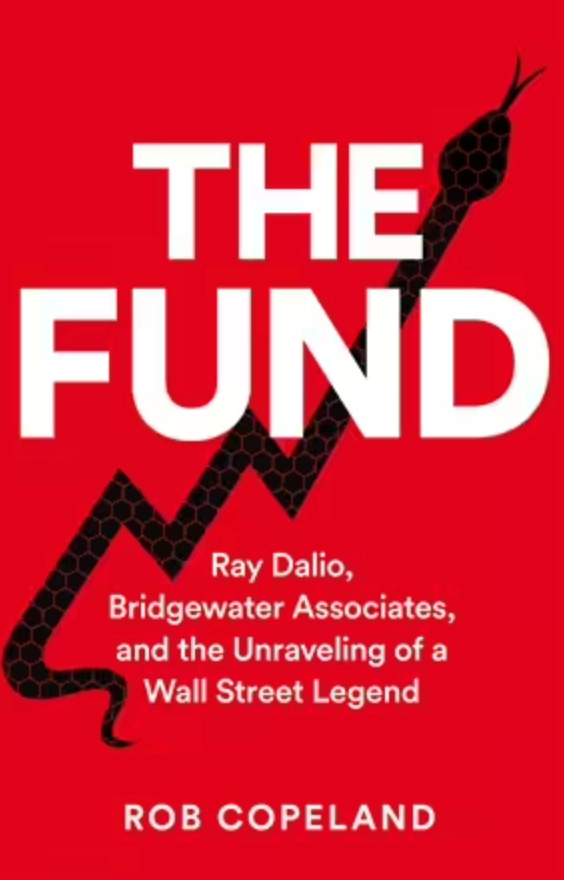I’m in the middle of my #workadventures experiment that I wrote about in the last Sunday Studio. It’s been so interesting to see how different spaces influence my work, my mood, and what I achieve.
My favourite so far has been working from the lagoon cafe above at a hotel close to my home. Adventuring through the city to find hidden workspace gems to escape the open-plan office is so much fun. I can’t wait to share what I’ve discovered and give you some ideas based on my empirical research on how to find and match your work intention to the right setting.
New Research
I joined the breakfast show on Australian Broadcasting Corporation (ABC) Newcastle to discuss the effects of distractions at work on our performance. I talk about our research on noise distraction in offices, the issue with multi-tasking across platforms, how this affects knowledge work, and what to do about it. You can listen back here at the 1 hour 42 minute mark:
What distracts you most at work?
🔺 A new Economist Impact study shows the average Australian knowledge worker loses an estimated 42 minutes a day, and 600 hours of focus time each year to distractions.
🔺 Unproductive work-related messages on platforms such as Slack and Microsoft Teams are the biggest drain on our attention (166 hours of focus time lost each year).
🔺 About 60 per cent of knowledge workers in Australia felt pressured to respond straight away and be available all the time.
I also commented for the article below on the ABC, extract here.
"Libby Sander is an assistant professor of organisational behaviour at Bond University. She says our brain only has a limited capacity for deep focus and can get drained.
"A lot of what we need to do in modern knowledge work is deep focused, concentrated work," Dr Sander says. "If we're not actively taking steps to insulate ourselves from distractions, it has a huge effect."
Dr Sander says it takes 15-20 minutes to get focus back on the task after a distraction in the workplace and says workplaces need to rethink the number of communication platforms being used.
"People say to me they are on 17 different platforms they have to monitor during the day," she says. "It's not feasible for us to do that effectively and be able to concentrate on our work."
Our brain is attending to these notifications on our computers and on our phones all the time, limiting our attention on the work we are trying to get done.
Let me know in the comments what distracts you most at work.
You can read the full article here.
Experience
Scent plays a significant role in anchoring different psychological states. I love having candles burning when I write and the ones from Ayu are among my favourite.
I have a habit of writing down different quotes from books, ideas, and reflections on random pieces of paper that I inevitably lose. I’ve recently started adopting the practice of using a commonplace book to keep everything in a place where I can find it again.
Since the Renaissance, readers have been using commonplace books to transcribe fragments and ancient writings into their own lives. Francis Bacon, John Milton, Thomas Jefferson, Mark Twain, and Virginia Woolf were all commonplace book users. It’s really lovely to be able to read back and get inspiration on those days when ideas are just not flowing. While there are a million options, I love this one which includes the original instructions written by John Locke on how to use the method.
Listen/Watch
Episode 7 of The Floorplan is out now. Hands up if you love work meetings. 58% of employees said they’d rather attend a doctor’s appointment than a work meeting, 25% said they’d rather sit in traffic, and 17% said they’d prefer jury duty. It's not surprising since recent research has shown that US workers spend an average of 18 hours a week in meetings.
Work meetings are often highly unpopular, often demotivating, usually inefficient, and definitely costly. So why do we persist with work meetings? And if we must persist, what works best? Matthew Webber and I cover all this in Episode 7 of The Floorplan.
According to the Union of International Organizations (UIA), which surveyed workplaces in 262 countries, the number of meetings held rose by approximately 11 per cent from 2022 to 2023. Other research found that employee productivity was 71% higher when meetings were reduced by 40%. And removing 60% of meetings increased cooperation by 55%.
During a particularly long-winded and boring meeting, I once tried to calculate how many months or years of my life I had spent trapped in routine talkfests. I gave up as the number grew to alarming heights.
In far too many of these meetings, nothing important got decided, and more often than not, the important things never got discussed. Strategy, new ideas, and ‘other’ are put at the end of all the other items. By the time we get to these, everyone is either too tired or there is no time left to discuss them.
In my former corporate life in a law firm, I once sat in a meeting where all the partners debated for twenty minutes over how to proceed to buy a new toaster for the staff kitchen. In the end, they resolved to get three quotes.
Being new to the industry, I wondered if instead of going to work, I had accidentally walked into the set of The Office TV show. With charge-out rates of over $500 an hour, and eight partners plus various other management team members sitting around the table, the eventual $30 price of the chosen toaster must have made it the most expensive snack aid in history.
Research by UNC Charlotte Professor Steven Rogelberg found that organizations employing 5,000 people waste around $100 million annually on unnecessary gatherings. For a company with 100 employees, the financial savings from eliminating unnecessary meetings would amount to $2.5 million per year.
In Episode 7 Matthew Webber and I dive deep into the research to discuss:
🔺 The psychology of meetings including pluralistic ignorance and the mere urgency effect
🔺 The cost of meeting calculator
🔺 Effective alternatives to meetings
🔺 Why we don't change
🔺 How to make meetings better
Listen here:
🎙 Apple
🎙 Spotify
Read
'The most explosive, mind-blowing business book I've ever read' - Bradley Hope, New York Times bestselling author of Billion Dollar Whale Discover the unauthorized, unvarnished story of famed Wall Street hedge-fund manager Ray Dalio. When Ray Dalio, billionaire founder of Bridgewater Associates, the world's largest hedge fund, announced in October 2022 that he was stepping down from the company he founded 47 years ago, the news made headlines around the world. Dalio achieved worldwide fame thanks to a mystique of success cultivated in frequent media appearances, celebrity hobnobbing, and his bestselling book, Principles. In The Fund, Rob Copeland draws on hundreds of interviews with those inside and around the firm to reveal what really goes on with Dalio and his cohorts behind closed doors. Tracing more than fifty years of Dalio's leadership, The Fund peels back the curtain to reveal a rarefied world of wealth and power, where former FBI director Jim Comey kisses Dalio's ring, recent Pennsylvania Senate candidate David McCormick sells out, and countless Bridgewater acolytes describe what it's like to work at this fascinating firm. Dalio has stepped down from Bridgewater before; will the legacy of his Principles continue to chart the course of the firm?
Fascinating and infuriating at the same time, I’m in agreement with Bradley Hope that this is one of the most incredible business books I’ve ever read.
Beyond merely a toxic work culture, Bridgewater is better described as a dystopian corporate nightmare. Bridgewater’s founder Ray Dalio has held up the culture as a meritocracy underpinned by “radical transparency”. In practice, it’s an organisation ruled by fear and paranoia.
Underlying Dalio’s management system is an ever-expanding set of “Principles” (375 at one count), which are ingrained in new hires through training videos featuring sometimes-harrowing case studies of employees being “probed” by panels diagnosing the “root cause” of their infractions. In one video, a 10-person shooting squad lambastes a woman for failing to meet aggressive recruiting targets. Even after learning she’s pregnant, Dalio shares a case study capturing her sobbing meltdown with all Bridgewater employees, labelled “Pain + Reflection = Progress”, after editing out footage of him calling her “a dumb shit”. Ben Narparstek, The Australian
The quote on the opening page is apt. When you’re rich, they think you really know. “If I Were a Rich Man”, Fiddler on the Roof, 1964.
This issue is not isolated to Bridgewater.
For more on this, read my essay on the initial weeks after Elon Musk’s takeover of Twitter here in the European Business Review.
Ideas/Inspiration to Try
Challenge the status quo in your own life.
Would it be the end of the world if you didn’t get your inbox down to zero before the holidays?
Do one thing to take the pressure off yourself (will anyone notice that you cleaned the inside of every cupboard) before the family gathering.
What would happen if you didn’t go to every single pre-holiday work function and networking event? You might be a lot less tired and stressed for a start.
How often do you do things because of other people’s expectations instead of what you really want?
Libby x







